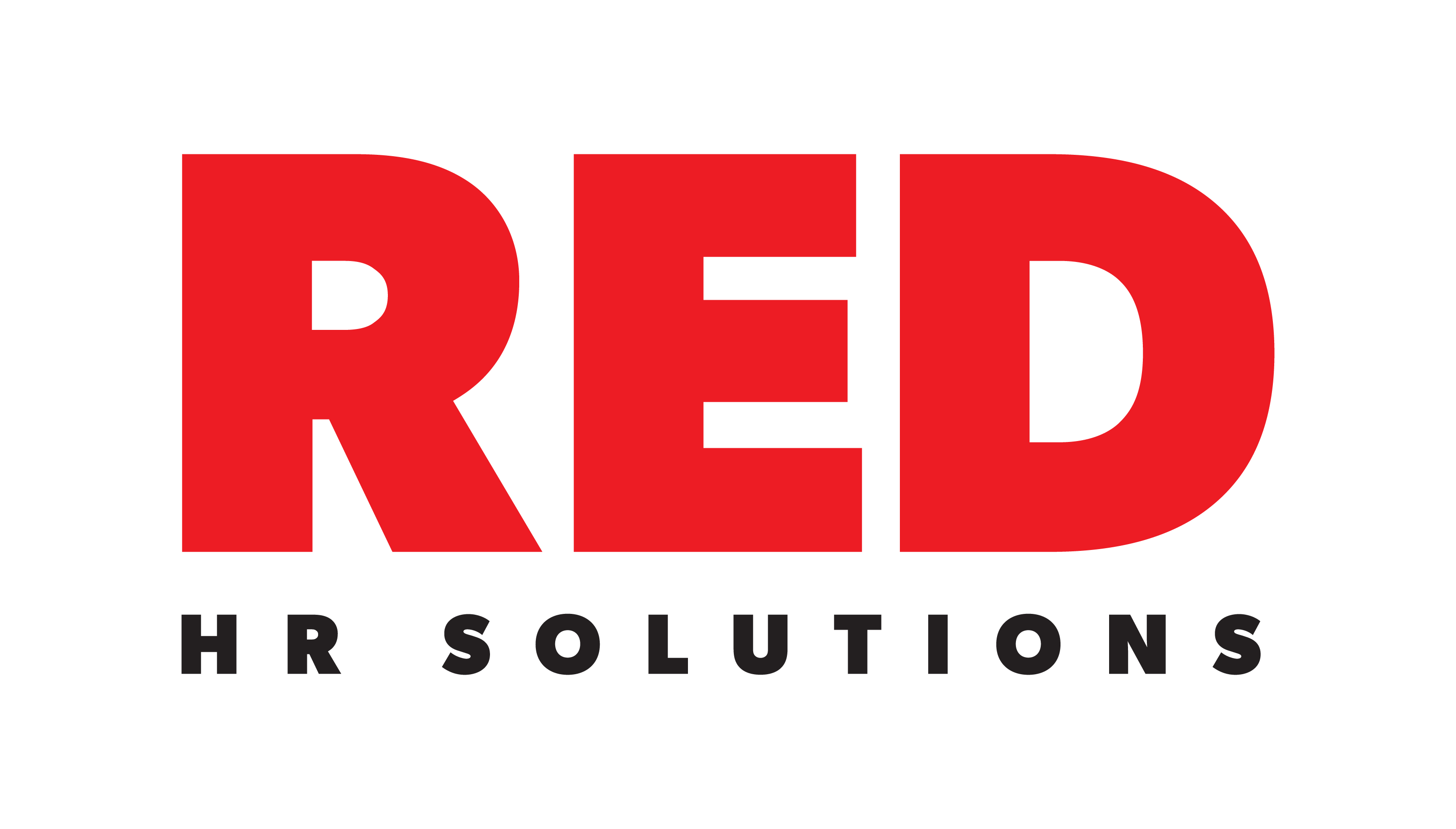Outsourcing Compliance: what you Need To Know - SMS
페이지 정보

본문

One of the most substantial service patterns over the last decade has been to outsource functions that are not core company activities. Cutting costs and gaining proficiency are the two most widespread motivations for outsourcing. This pattern has long given that reached business compliance programs. Many concerns surround this practice in the compliance arena.

Why Outsource Compliance?

The very first question is: why should a company engage an outside specialist to assist in running the compliance program? The reality is that lots of compliance workplace jobs are consistently contracted out to vendors to enable the compliance office to focus on the program's core elements. Hotlines, sanction screening services, and training programs are typically outsourced functions.
In many cases, a compliance officer's departure creates the need for assistance until the organization can employ a replacement. In others, an existing compliance program requires help to deal with included duties, such as compliance management or HIPAA privacy/security officer assistance.
When Should You Outsource Compliance?
Organizations decide to employ compliance professionals after identifying weaknesses or gaps in their operations, such as vacancies in compliance, privacy or security officer roles. Sometimes, government examination drives the decision to bring in specialists. Corporate Integrity Agreements mandate that an organization confirms to having a completely functioning and efficient compliance program.
Managed Care statutes require keeping an effective compliance program and informing CMS when a compliance officer job occurs. And under the Affordable Care Act, CMS is required to establish mandated compliance program requirements. Once these requirements are in result, lots of will seek skilled help to meet them.
Where Can You Find Compliance Outsourcing Services?

Where can organizations find needed compliance competence? The easiest beginning point is examining the internet to find professional journal articles on the subject. This can provide extra insight and determine professionals on the subject. A search can likewise identify firms that may supply the required services.
Who Should You Outsource Compliance To?
Who are some specialists that can fill gaps or supplement compliance programs, and have likewise built, examined, and handled reliable compliance programs? They are individuals with hands-on experience in multiple scenarios and settings that make them experts.
The following are examples of professionals with extensive compliance program consulting experience, who have actually functioned as compliance officers in multiple roles:
Cornelia Dorfschmid, PhD, who has over 20 years of health care consulting experience and has served as designated/interim compliance officer for healthcare facility systems and physician practices on multiple events.
Steve Forman, CPA, with 12 years as a healthcare consultant, 10 years as VP for Audit/Compliance at a healthcare facility system, and has actually worked as interim/designated compliance officer several times.
Suzanne Castaldo, JD, CHC, a knowledgeable expert who has actually served as interim/designated compliance officer a number of times.
How Can You Best Outsource Compliance?
How can organizations use compliance specialists to its best advantage? Using has lots of benefits, however the key in hiring them is to bring a maximum return of benefit for the expense by making sure included worth. In addition to daily management, think about consisting of some of the following:

1. Examine the program to confirm strengths and recognize opportunities for enhancement;
2. Conduct an independent assessment of the program for senior management and board;
3. Review the Standard Procedure and other written assistance;
4. Evaluate the quality and effectiveness of compliance training;
5. Assess high-risk locations that necessitate attention;
6. Assess resources required to successfully operate the compliance program;
7. Use experts to identify and develop metrics evidencing compliance program effectiveness;
8. Use specialists to help in recognizing and examining prospects for the permanent compliance officer position; and
9. Provide a "plan" for inbound compliance officers to follow.
What Level of Effort Should You Take Into Outsourcing Compliance?
What level of effort do companies need to use compliance experts in compliance programs? Even for fairly large companies, a true compliance professional can hold the program together for a number of months without having to be on-site full-time. Most organizations can run compliance programs efficiently through using a professional for 50-80 hours each month for as much as 6 months until having a long-term compliance officer in place ends up being critical.

Smaller companies and the majority of physician practices will need specialists for just half the time. Due to advances in innovation, not all hours need to be on-site. However, the key is to have the expert on-call to attend to any emergent concerns. Notably, the OIG has actually accepted that for smaller organizations, engaging a qualified specialist as the Designated Compliance Officer may make more sense. The OIG mentions lots of factors for a company to consider utilizing an outdoors specialist rather of a W-2 full-time staff member.
About the Author
Richard P. Kusserow developed Strategic Management Services, LLC, after retiring from being the DHHS Inspector General, and has assisted over 3,000 healthcare organizations and entities in establishing, carrying out and assessing compliance programs.
- 이전글롤실시간 【원벳원보증.com / 가입코드 9192】 스포츠배팅 25.04.02
- 다음글fy2x 구글찌라시 텔@adtopking [애드바다] 25.04.02
댓글목록
등록된 댓글이 없습니다.

